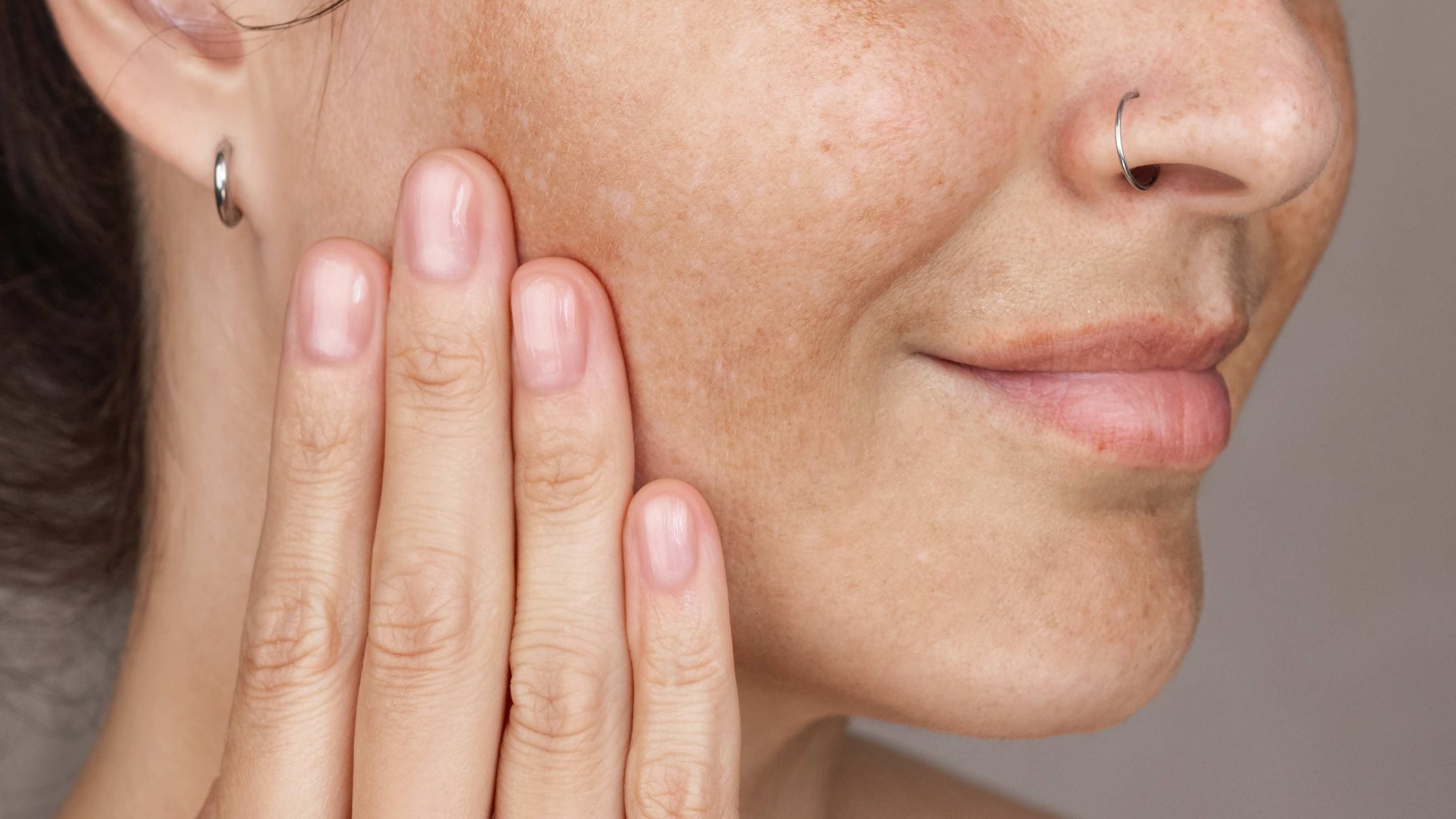If you've been searching how to decrease melanin in skin, you're not alone. While melanin is completely natural and essential for protecting our skin from UV damage, excess production can sometimes lead to uneven pigmentation, stubborn spots, and a patchy tone. Whether you're dealing with post-acne marks, sunspots, or general dullness, tackling melanin overproduction can help restore a more even, radiant complexion. Before we dive into the solutions, let's first get a quick understanding of what we're working with.
Natural Argan Oil & Lavender Sulfate Free Anti-Frizz Shampoo - 400ml
₹658
₹658









